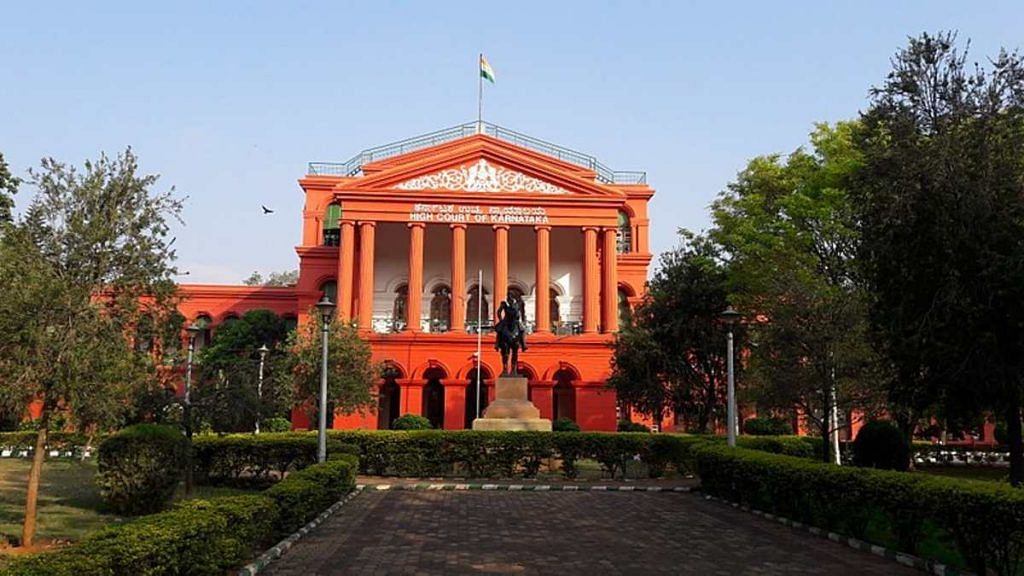New Delhi: The Karnataka High Court has noted that it was “unbecoming of an Indian woman” to sleep after she is “ravished”, while granting a pre-arrest bail to a man accused of rape, cheating and criminal intimidation.
Justice Krishna S. Dixit said the above Tuesday while allowing accused Rakesh B’s application for anticipatory bail, on him paying a bond of Rs 1 lakh along with two sureties of the same amount.
Giving reasons for the bail order, the judge noted that the complainant’s claim of having slept “after the perpetration of the act” because she was tired was “unbecoming of an Indian woman”.
“That is not the way our women react when they are ravished,” the judge said, in the short order.
Also, the complainant’s failure to explain why she went to her office at 11 pm on the day of the alleged crime and did not object to having “drinks” with the accused was also cited as one of the reasons in the bail order.
The court, meanwhile, has laid down six conditions for the accused to follow while he is on bail, violation of even one, according to the order, will entail its cancellation.
He has been barred from leaving without permission the jurisdictional limits of the trial court where his case will be heard and will have to report to the police station every second and fourth Saturday of the month.
Also read: Not unusual to make daughter-in-law do house work, says Kerala HC in a divorce case
‘She didn’t object to consuming drinks with petitioner’
The state counsel strongly opposed the bail petition, contending that the offences invoked against the accused are serious and there was sufficient material on record to prove he had committed the alleged crime.
The prosecutor argued that it was “unsafe for the society to grant” anticipatory bail to the offender and sought dismissal of his petition.
The judge, however, held that the “serious nature” of the crime alone cannot be a criterion to deny liberty to a citizen, specifically when no “prima facie” case has been made out by the police.
“The version of the complainant that she was subjected to rape on the false promise of marriage in the given circumstances of the case is bit difficult to believe at this stage,” said the judge.
He also questioned the complainant for not approaching the court earlier when the accused had allegedly “forced her for sexual favours”.
“Nothing is mentioned by the complainant as to why she went to her office at night i.e. 11.00 pm; she has also not objected to consuming drinks with the petitioner and allowing him to stay with her till morning; the explanation offered by the complainant that after the perpetration of the act she was tired and fell asleep, is unbecoming of an Indian woman; that is not the way our women react when they are ravished,” the judge noted.
This apart, the court also took the existing Covid-19 crisis to note that prisoners are at risk of infection. It applied the principle of “bail is rule and denial is an exception” to allow the petitioner’s plea.
Also read: No bail for techie who urged people to spread Covid, HC says act threat to India’s integrity
